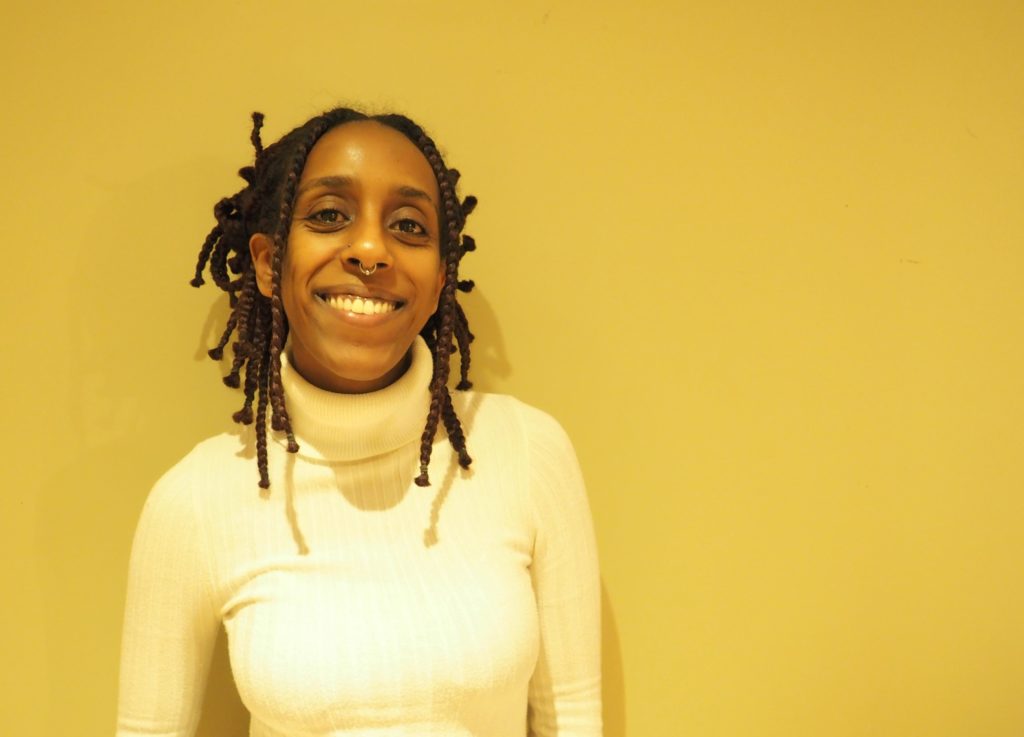This past month, I surrounded myself with Black people and our stories, often over food and with music. And no matter when you are reading this, this statement holds true: fighting for Black justice should not be limited to a calendar month.
The end of Black History Month means that non-Black folks may use it as an excuse to stop doing the work. And while the need for Black History Month certainly never goes away, it’s simply too easy to forget by the time March rolls around.
Why we need Black History Month
Black History Month continues to serve two large struggles: liberation (for us); and education (for you).
Celebrations of Black History Month, though beginning in the United States, have occurred in Canada for over twenty years. Jean Augustine, the first Black Canadian woman in Canadian Parliament, pushed for federal recognition in 1995. Festivals and video series today continue to provide accessible formats to learn and participate.
In Canada, you can find elements of Black liberation every day of the year: hear it in the rhythm of spoken word, see it on the walls of museums and dance to it in the streets during Caribana. Black people create spaces to celebrate Black culture beyond the confines of a calendar month. Not only as recognition of our own accomplishments, but as a reminder that Black Canadian history is Canadian history.
Why we still need more than a month
Unlike Black History Month, racial inequities and anti-Black racism persist all year long. Findings from the Black Experience Project showed 35% of respondents cited racism and stereotypes of Black people among the greatest challenges facing the Black community. At an institutional level, the Ontario Human Rights Commission’s interim report showed “persistent concerns about anti-Black racism in policing in Toronto”.
Many Black Canadians already know this. How racism shows itself here is often subtle and when we’re not in the room. It’s exactly then that we need people to speak up, regardless of what day of the year it may be. So: talk to your elected officials about their plans to combat the over-representation of Black folks in prison; talk about the Black businesses in your neighbourhood hit hardest by gentrification to your new white neighbours; and talk to your family members when the very existence of anti-Black racism in Canada is questioned. Do all of this as if there is something at stake, because there is always something at stake.
And when talking is no longer enough (hint: it never is), then it is time to show up.
Nahomi Amberber is a delegate of the 2020 Think Big! Lead Now! Young Women’s National Leadership Program. To learn more, visit www.thinkbigleadnow.com or contact us at projects@ywcacanada.ca. This project is funded in part by the Government of Canada and RBC Foundation.
